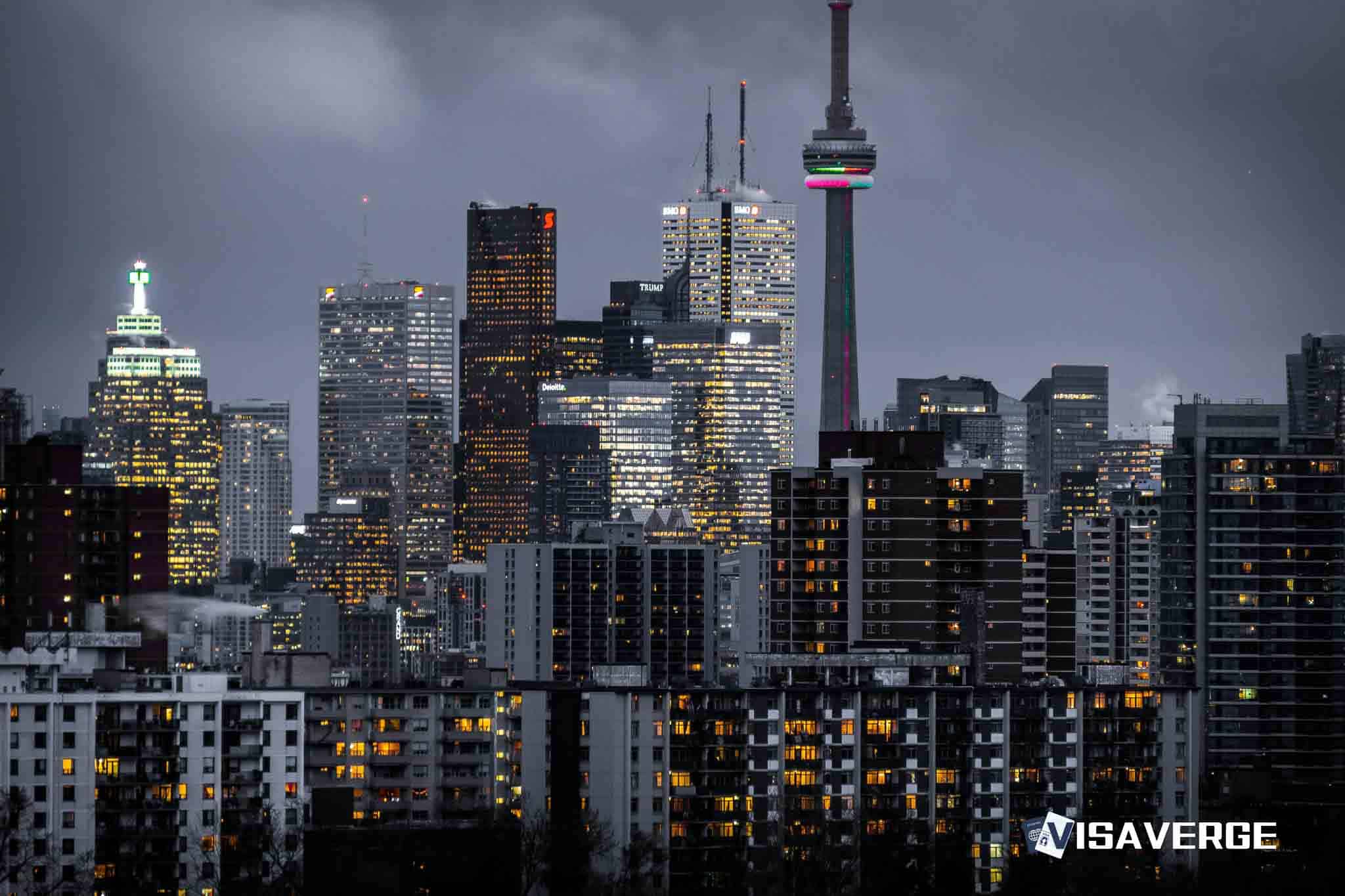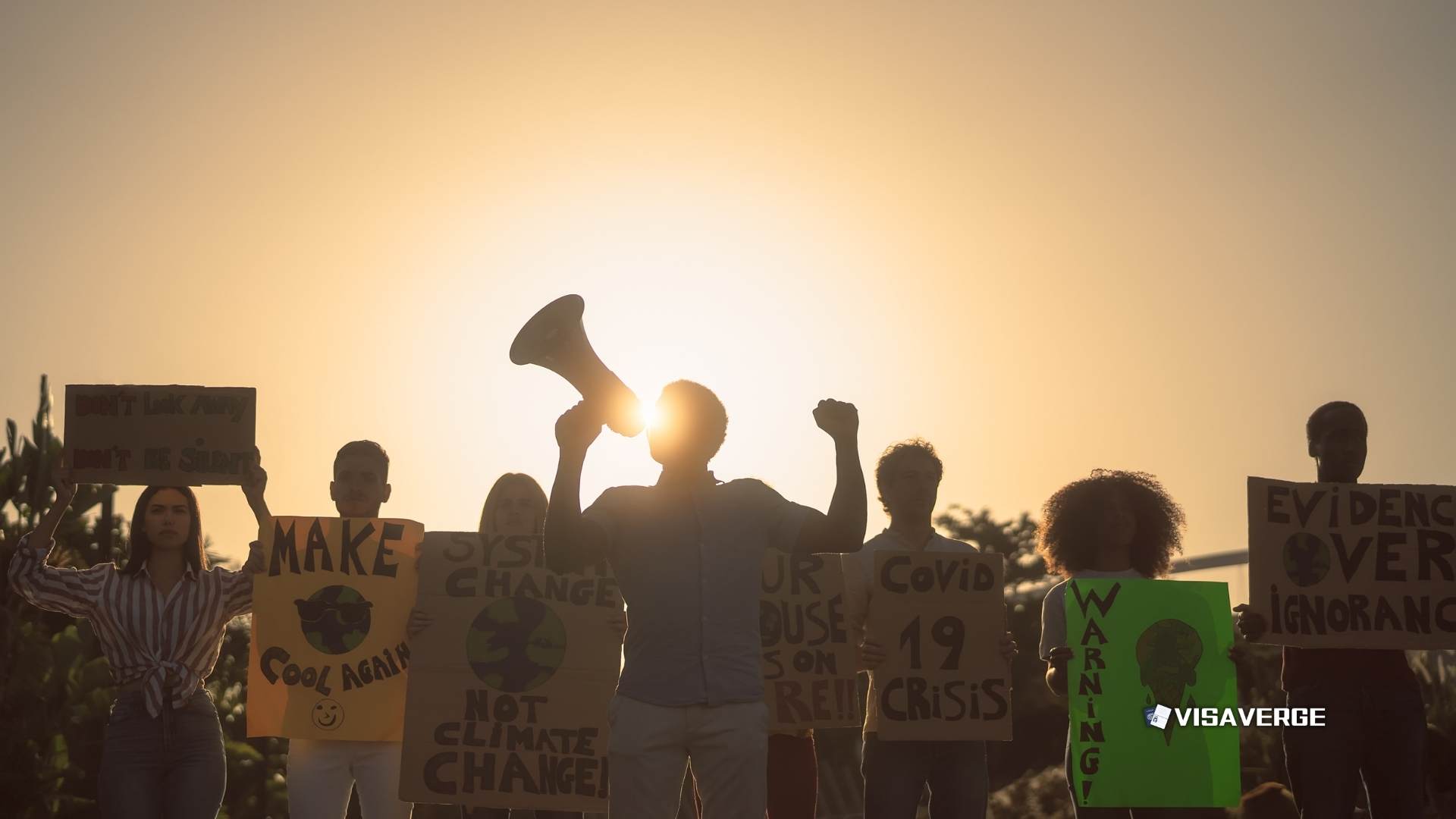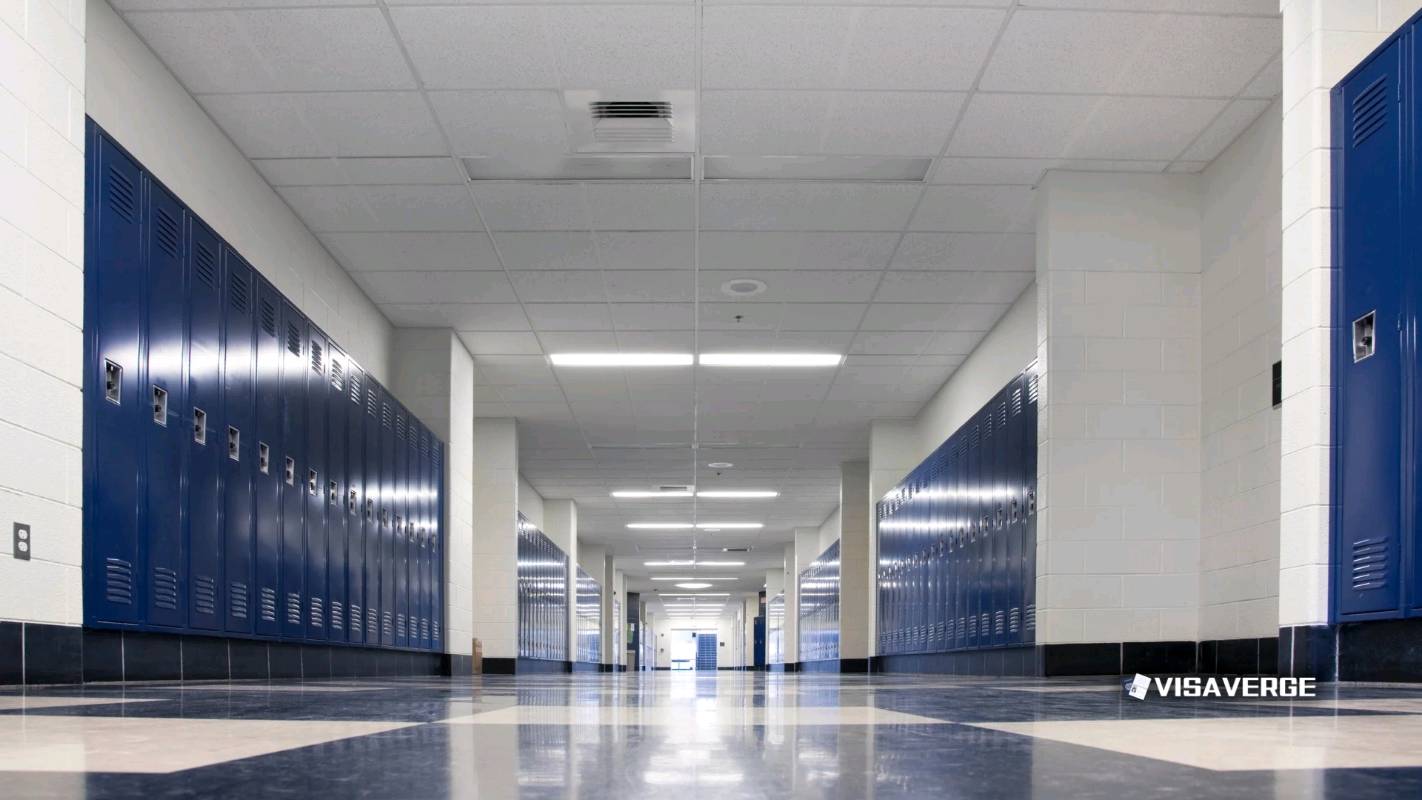British Columbia Halts Approval of New Colleges for International Students
In an unprecedented move, the Canadian province of British Columbia has decided to put a moratorium on new colleges enrolling international students. The announcement made on Monday indicates that there will be a two-year ban effective immediately, which will last until February 2026. This decision inevitably raises concerns among prospective students and educational institutions set on welcoming international learners.

Impact on Indian Students
British Columbia, known for its reputable institutions such as the University of British Columbia, Simon Fraser University, and the University of Victoria, is a popular destination for international students, especially from India. With a significant Indian student population across these universities, this latest development could have far-reaching implications.
Aiming for Quality and Fairness
The ban on enrollment is part of a broader initiative to enhance the post-secondary education system in British Columbia. Notably, officials have emphasized the importance of protecting international students from potentially predatory practices by some educational institutions. “The decision aims to protect international students from being exploited by unscrupulous institutions,” as the authorities assert.
Furthermore, plans are underway to establish minimum language requirements at private training institutions and raise the bar for meeting labor market needs and degree quality. These standards, as pointed out by news agency Reuters, seek to lift the value of education provided within the province.
Addressing the Housing Crisis
Canada, as a whole, faces a daunting challenge – a housing crisis that has been, in parts, attributed to the influx of international students, as per the Justin Trudeau government’s analysis. The British Columbia international students ban is a measure to implement Justin Trudeau’s plan to mitigate the immigration surge of international students that contributes to this issue.
Reflecting on the same sentiment, a cap has been placed on new international student permits; aiming to reduce the intake of students by 35 per cent this year to about 360,000. The Government also plans to limit work permits to some students post-graduation. This shows a tightening of policies following concerns about housing and market saturation.
A Look at the Numbers
Canada’s international student population has surpassed the one million mark, with Indians making up the largest portion at 37 per cent. However, Canada’s Immigration Minister Marc Miller has recently pointed out a decrease in study permits issued to Indian students, likely related to diplomatic tensions between the two countries.
For 2023, Canada had set ambitious targets to admit 500,000 permanent residents and 900,000 international students to aid in economic growth. Surpassing these targets, Canada faced a significant housing shortage of 345,000 units. Coupled with rising interest rates, the Trudeau government is prompted to reassess its immigration policies to address the challenges faced.
Conclusion and Additional Resources
The move by British Columbia to enforce a Canada college enrollment freeze for international students reflects a growing concern over the sustainability of educational and residential infrastructure in the face of surging international student numbers. While the decision may disappoint many aspiring international students, it underscores the need for a balanced approach to immigration that takes into account not only economic benefits but also societal impacts, such as the International student impact on Canada’s housing crisis.
For more detailed information on these changes and advice on studying in Canada, prospective international students and other stakeholders should refer to the official Immigration, Refugees and Citizenship Canada (IRCC) website. It is crucial to stay informed through authoritative sources to navigate the evolving landscape of Canadian higher education and immigration policies.
Learn Today:
Glossary or Definitions:
- Moratorium: A temporary suspension or halt on a specific activity or action. In this context, the moratorium refers to the temporary ban on enrolling international students in new colleges in British Columbia.
-
International Students: Individuals from foreign countries who come to another country for the purpose of studying at an educational institution.
-
Reputable Institutions: Educational institutions that have a good and respected reputation for providing quality education and maintaining high standards.
-
Predatory Practices: Unscrupulous or exploitative practices carried out by educational institutions that take advantage of international students, often by offering false promises or unfair treatment.
-
Post-Secondary Education: Education that takes place after the completion of secondary or high school and includes universities, colleges, and vocational schools.
-
Private Training Institutions: Non-governmental educational institutions that provide vocational or career-focused training programs.
-
Labor Market Needs: The demand and requirements of the job market in terms of specific skills, qualifications, and experience.
-
Degree Quality: The level of excellence and standard of education offered by a degree program.
-
Housing Crisis: A situation characterized by a shortage or lack of affordable and suitable housing, resulting in difficulties for individuals to find adequate housing.
-
Influx: A sudden increase or arrival of a large number of people or things.
-
Study Permits: Official documents or authorization issued by a country’s immigration authorities that allow foreign students to study in that country.
-
Work Permits: Official documents or authorization that allow foreign individuals to work in a country for a specific period of time.
-
Diplomatic Tensions: Conflicts or strained relationships between two or more countries due to political or diplomatic issues.
-
Permanent Residents: Foreign individuals who have been granted the right to live and work in a country indefinitely.
-
Immigration Policies: Laws, regulations, and guidelines set by a country’s government to manage the entry, settlement, and rights of foreign individuals.
-
Economic Growth: The increase in a country’s economic output and overall prosperity over time.
-
Housing Shortage: Insufficient availability of housing units to meet the demand of the population.
-
Interest Rates: The cost of borrowing money or the return on investment, usually expressed as a percentage.
-
Sustainability: The ability to maintain or support an activity or system over the long term without causing significant negative impact or depletion of resources.
-
Balanced Approach: Taking into account various factors, considerations, and interests in a fair and equitable manner when making decisions or formulating policies.
-
Official Immigration, Refugees and Citizenship Canada (IRCC) Website: The official website of the Canadian government’s department responsible for immigration, refugee, and citizenship matters. It provides accurate and up-to-date information on immigration policies, procedures, and requirements.
So, there you have it! British Columbia’s decision to halt the approval of new colleges for international students is sure to have a significant impact on aspiring learners. It’s all part of an effort to prioritize quality and fairness in the education system, while also addressing concerns about housing shortages. If you want to dive deeper into all things related to studying in Canada, head over to visaverge.com for more insights and advice. Happy exploring!
This Article in a Nutshell:
British Columbia halts approval of new colleges for international students. This decision aims to protect students from predatory practices and improve education quality. It also addresses Canada’s housing crisis caused, in part, by an influx of international students. For more information, visit the official Immigration, Refugees and Citizenship Canada website.













